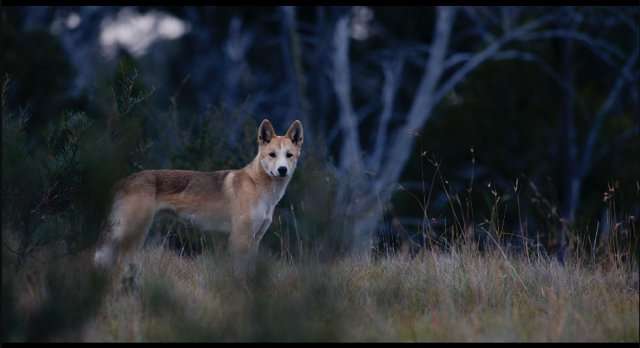Predator control can have unintended consequences

Introduced predators pose threats to biodiversity and are implicated in the extinction of many native species. A new Mammal Review analysis of published studies highlights unintended outcomes of predator control programs that are implemented to mitigate these effects.
In Australia, considerable effort is spent controlling populations of introduced predators, including the dingo Canis dingo and the red fox Vulpes vulpes, in order to reduce their effects on native species and livestock. The analysis found evidence that lethal control of dingoes and foxes has different outcomes for different mammalian species.
Dingo removal decreased the abundance of native mammals weighing less than the critical weight range of 30-5500 g, and increased the abundance of mammals above this weight range. Fox removal increased the abundances of ground-dwelling and arboreal mammals.
Lethal control of dingoes did not have a significant effect on cats, but where dingoes were removed there was a tendency for foxes to increase, and where foxes were removed there was a tendency for cats to increase.
More information: Daniel O. Hunter et al, Not all predators are equal: a continent-scale analysis of the effects of predator control on Australian mammals, Mammal Review (2018). DOI: 10.1111/mam.12115
Provided by Wiley


















